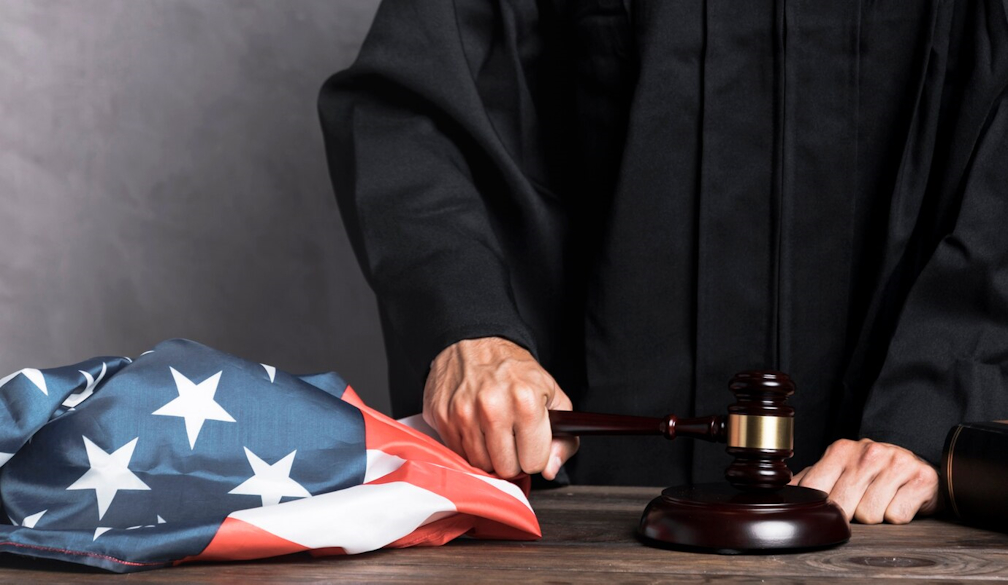Can plumbing be installed in an exterior house wall?

The placement of plumbing within a house is a critical consideration for homeowners and builders alike. Among the various options, one question often arises: can plumbing be installed in an exterior house wall? This article aims to explore the possibilities, potential consequences, and the advisability of installing plumbing in exterior walls.
The short answer is yes, plumbing can be installed in exterior house walls. However, this decision requires careful planning, adherence to building codes, and consideration of various factors. Plumbing systems are traditionally installed by plumber Inner West within a building's interior to protect them from external elements and temperature fluctuations. Nevertheless, specific circumstances may necessitate or permit the installation of plumbing in exterior walls.
Potential Consequences of Installing Plumbing in Exterior House Walls
Exposure to External Elements:
Installing plumbing in exterior walls exposes the system to weather conditions, such as extreme temperatures, rain, and wind. This exposure can lead to freezing pipes in colder climates, increasing the risk of pipe bursts and water damage.
Insulation Challenges:
Exterior walls are typically insulated to regulate temperature within the house, suggested by plumber Inner West. Incorporating plumbing in these walls poses challenges in terms of insulation. Inadequate insulation may result in heat loss or gain, affecting both energy efficiency and the overall performance of the plumbing system.
· Maintenance Issues:
Accessing plumbing within exterior walls can be challenging during maintenance or repairs. In case of leaks or malfunctions, reaching the pipes may require tearing down parts of the wall, leading to increased repair costs and inconvenience.
· Structural Integrity:
Installing plumbing in exterior walls may involve cutting through load-bearing structures. This requires careful consideration of the structural integrity of the building to avoid compromising its stability. Professional consultation and structural assessments are crucial in such scenarios.
· Code Compliance:
Building codes and regulations play a crucial role in determining whether plumbing can be installed in exterior walls. Failure to comply with these codes may result in legal issues, insurance complications, and safety hazards.
Is It Advisable to Install Plumbing in Exterior House Walls?
The advisability of installing plumbing in exterior house walls depends on various factors, including the specific requirements of the building, climate conditions, and local building codes. Here are some considerations to help make an informed decision:
· Climate:
In regions with mild climates, the risks associated with exterior plumbing may be lower. However, in areas with harsh winters or extreme weather conditions, the potential for frozen pipes and other weather-related issues may outweigh the convenience of exterior installation.
· Building Design:
The architectural design of the house plays a crucial role in determining the feasibility of exterior plumbing. Houses with ample interior space and accessibility may not require plumbing in exterior walls. However, in cases where interior space is limited, exterior installation might be a viable solution.
· Insulation and Energy Efficiency:
Proper insulation is key to mitigating potential issues with exterior plumbing. Using high-quality insulation materials and techniques can help maintain energy efficiency while protecting the plumbing system from temperature fluctuations.
· Professional Consultation:
Before deciding to install plumbing in exterior walls, it is advisable to seek the expertise of professional plumbers and structural engineers. Their insights can help assess the feasibility of the project, identify potential challenges, and ensure compliance with building codes.
· Building Codes and Regulations:
Strict adherence to local building codes and regulations is essential. Consult with local authorities or building inspectors to understand the specific requirements and restrictions regarding plumbing installation in exterior walls.
· Mitigating Risks and Best Practices:
To mitigate the risks associated with plumbing in exterior house walls, it's essential to implement best practices during the planning, installation, and maintenance phases:
· Quality Materials:
Invest in high-quality plumbing materials that can withstand external elements. Rust-resistant pipes and durable fittings can help extend the lifespan of the plumbing system, reducing the likelihood of leaks and corrosion.
· Proper Insulation:
Focus on effective insulation to protect the plumbing system from temperature variations. Utilize insulation materials designed for exterior use, ensuring they provide a barrier against heat loss in colder climates and prevent heat gain in warmer regions.
· Regular Maintenance:
Establish a routine maintenance schedule to inspect the plumbing system for signs of wear, damage, or leaks. Promptly address any issues to prevent them from escalating and causing more extensive damage.
· Access Points:
Plan for easily accessible access points within the exterior walls to facilitate inspections and repairs. Incorporate hatches or removable panels that allow plumbers to reach the pipes without resorting to extensive wall demolition.
· Professional Installation:
Engage licensed and experienced plumbers who are familiar with local building codes. Their expertise is invaluable in ensuring that the plumbing installation complies with regulations, meets safety standards, and minimizes potential risks.
Conclusion
While it is technically possible to install plumbing in exterior house walls, it is crucial to approach this decision with careful consideration of the potential consequences and advisability. The choice should align with the specific needs of the building, climate conditions, and compliance with building codes. Professional consultation and thorough planning are indispensable to ensure a successful and sustainable plumbing installation that stands the test of time.








